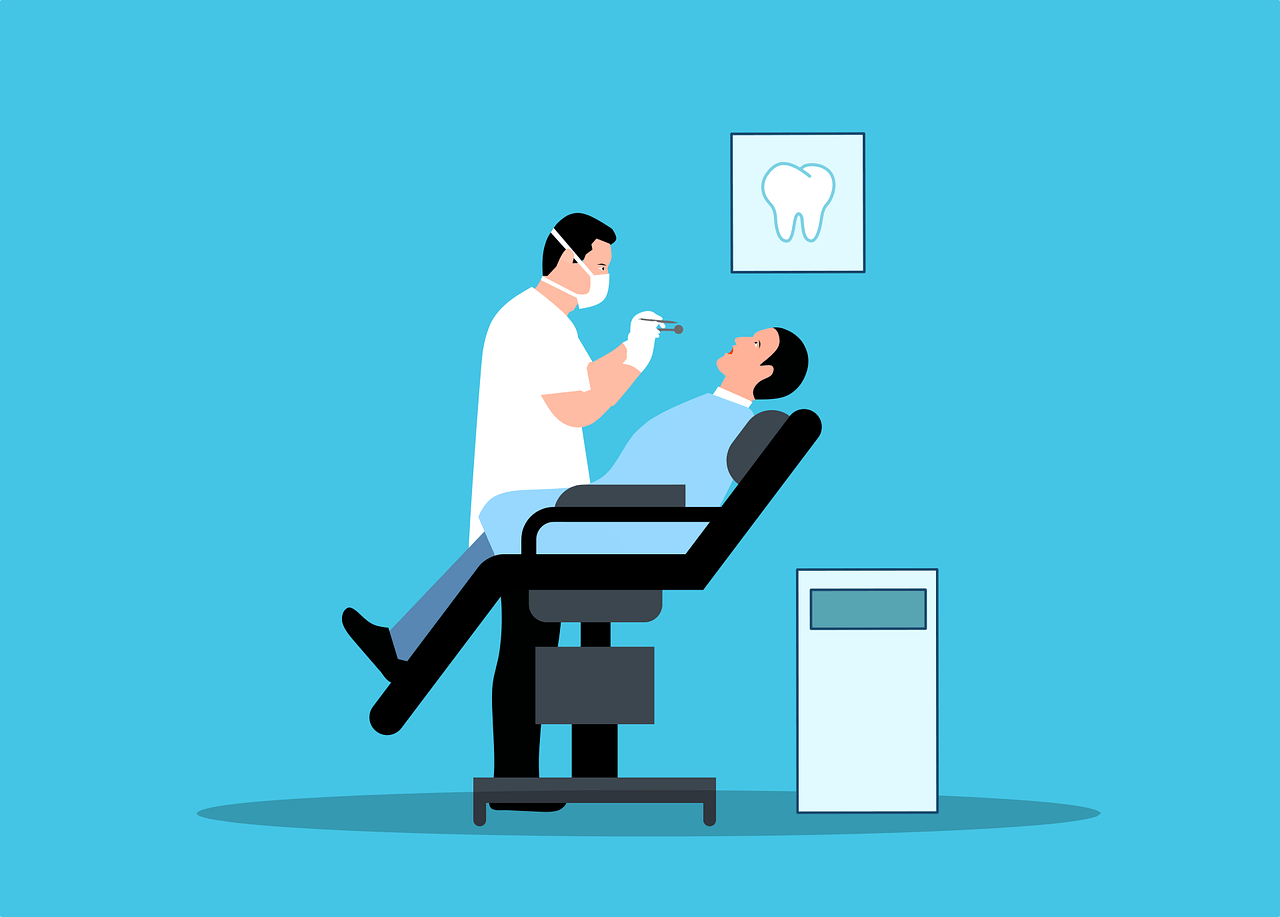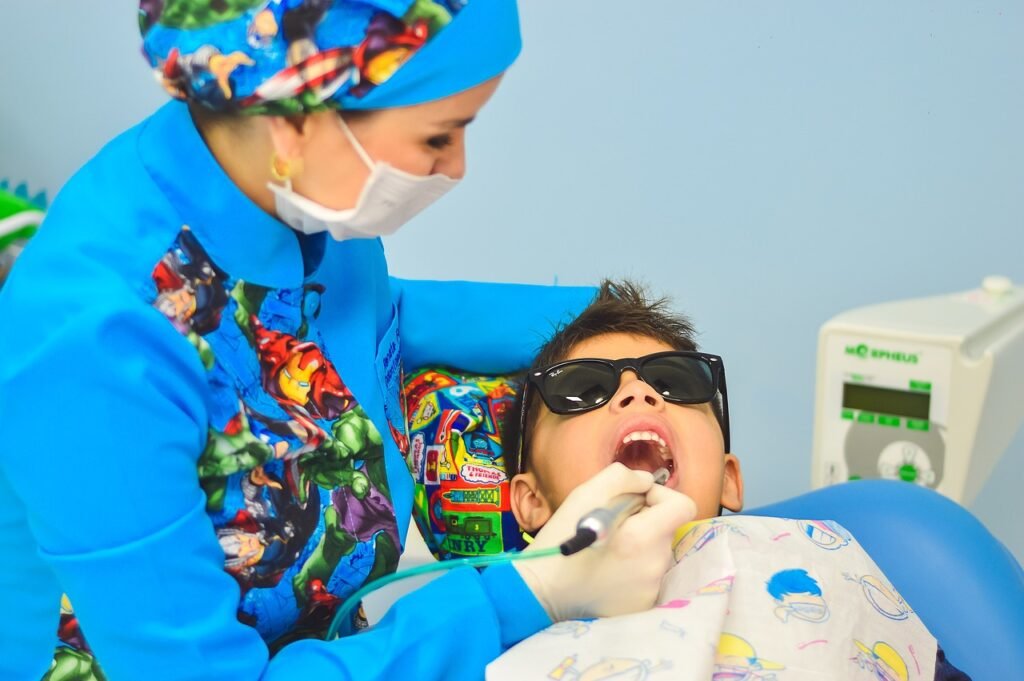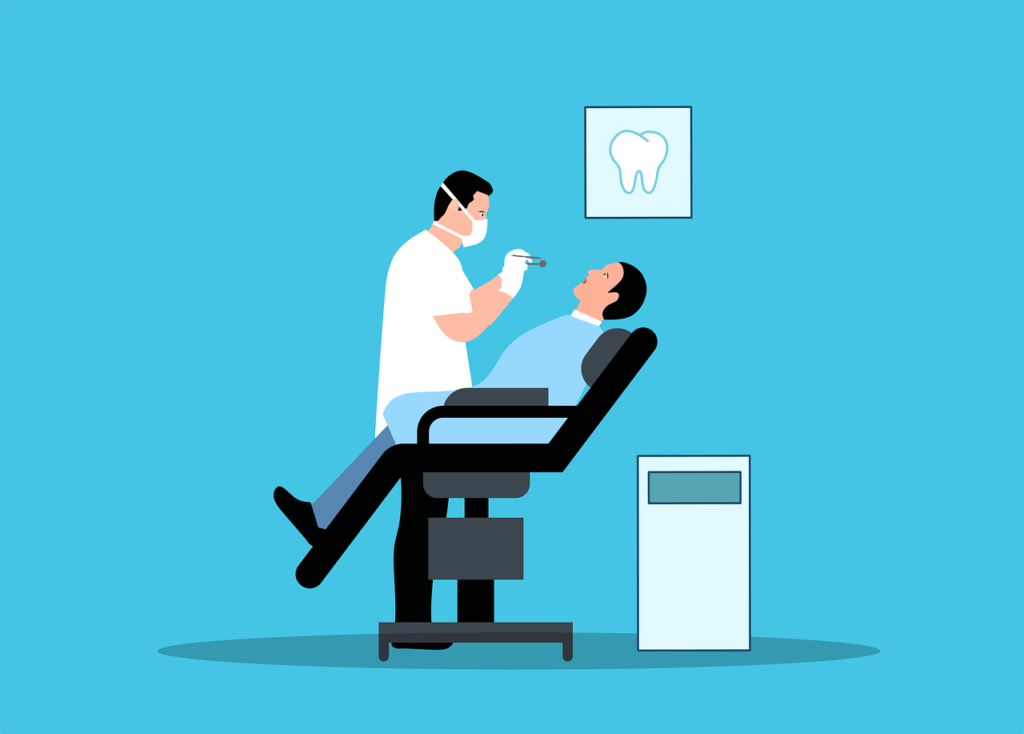
Caring for your dog’s dental health is just as important as looking after their overall well-being. By ensuring proper dental care, you can help prevent a host of health problems that may arise from neglected teeth and gums. Regular brushing, along with providing dental chews and toys, can make a world of difference. Additionally, incorporating dog health products like canine wellness supplements and organic remedies can further support your furry friend’s long-term health. Proper dental hygiene not only keeps your dog’s breath fresh but also plays a crucial role in their joint health, immune system, and even skin and coat condition. So, talk to your vet about the best dental care routine for your dog’s specific needs and make daily dental care a priority. Have you ever wondered about the importance of dental care for your dog’s health? As a responsible dog owner, it’s essential to understand how your furry friend’s dental hygiene can significantly impact their overall well-being. When we think about our dogs’ health, we often focus on their diet, exercise, and regular veterinary check-ups, but dental care is just as crucial. Let’s dive into why dental health matters for dogs of all ages and what steps you can take to ensure your canine companion has a healthy mouth.
Understanding Canine Dental Health
Dental health is pivotal in your dog’s overall health and well-being. Just like humans, dogs can suffer from dental issues such as plaque buildup, gingivitis, and periodontal disease. Unfortunately, dental problems in dogs are often overlooked, which can lead to severe consequences.
Common Dental Issues in Dogs
Dogs can encounter a variety of dental problems. Here are some of the most common:
-
Plaque and Tartar Buildup: Plaque forms when food particles and bacteria accumulate on the teeth. If not removed, plaque hardens into tartar, which can lead to more severe dental issues.
-
Gingivitis: This is the inflammation of the gums caused by the buildup of plaque and tartar. If left untreated, it can progress to periodontal disease.
-
Periodontal Disease: This advanced stage of gum disease affects the structures supporting the teeth, leading to tooth loss and infections that can spread to other parts of the body.
-
Broken or Fractured Teeth: Dogs can break or fracture their teeth, which may cause pain and exposure to infection.
The Connection Between Dental Health and Overall Health
A dog’s dental health is intricately linked to their overall health. Poor dental hygiene can lead to:
-
Heart Disease: Bacteria from gum infections can enter the bloodstream, potentially affecting the heart and leading to conditions such as endocarditis.
-
Kidney and Liver Problems: Similar to heart disease, bacteria can travel to the kidneys and liver, causing infections and damage.
-
Chronic Pain: Dental issues can cause chronic pain, affecting your dog’s quality of life, appetite, and behavior.
Importance of Regular Dental Care
Regular dental care is key to preventing dental problems and ensuring your dog stays healthy and happy.
Professional Dental Cleanings
Routine dental cleanings by a veterinarian are essential to removing plaque and tartar buildup that can’t be addressed by regular brushing alone. These cleanings typically include:
-
Thorough Examination: A comprehensive oral examination to identify any underlying issues.
-
Scaling and Polishing: Removal of plaque and tartar followed by polishing to smooth the teeth surfaces.
-
X-Rays: To detect issues below the gumline that may not be visible during a standard examination.
At-Home Dental Care
While professional cleanings are crucial, at-home dental care forms the first line of defense against dental problems. Here are some tips:
-
Brushing Your Dog’s Teeth: Use a dog-specific toothbrush and toothpaste to regularly brush your dog’s teeth. Start slowly, and make it a positive experience for your dog.
-
Dental Chews: These can help reduce plaque and tartar buildup. Look for chews approved by the Veterinary Oral Health Council (VOHC).
-
Dental Toys: Safe, durable toys can keep your dog’s teeth clean and their gums healthy.

Diet and Supplements for Dental Health
Just as diet affects our health, it also plays a significant role in your dog’s dental health.
Best Diet for Dental Health
Feeding your dog a balanced diet that includes dry kibble can help reduce plaque buildup. Some dog foods are specifically formulated to support dental health by reducing tartar and plaque.
Supplements to Support Oral Health
Certain supplements can be beneficial for maintaining your dog’s oral health:
-
Probiotics: These support oral and gut health, helping to prevent the growth of harmful bacteria in the mouth.
-
Omega-3 Fatty Acids: These have anti-inflammatory properties that can help reduce gum inflammation.
-
Natural Chews and Remedies: Items like raw bones and dental sticks can promote healthy teeth and gums.
Signs of Dental Problems in Dogs
Recognizing the signs of dental problems early can help you take action before they become severe. Watch for:
-
Bad Breath: Persistent bad breath is often a sign of dental disease.
-
Discolored Teeth: Yellow or brown teeth indicate plaque and tartar buildup.
-
Red or Bleeding Gums: These are signs of gingivitis or more severe gum disease.
-
Difficulty Eating or Chewing: Your dog may avoid eating, chew on one side, or show discomfort while eating.
-
Excessive Drooling: This can indicate oral pain or dental issues.

Consulting with Your Veterinarian
Always consult with your veterinarian regarding your dog’s dental health. They can provide:
-
Tailored Advice: Recommendations based on your dog’s specific condition and breed.
-
Dental Care Plan: A comprehensive plan that includes professional cleanings and at-home care tips.
-
Monitoring: Regular check-ups to monitor dental health and address any issues early.
Understanding the Impact of Dental Health on Overall Health and Well-Being
A healthy mouth plays a significant role in your dog’s overall well-being. Here’s a closer look at how dental health impacts their general health:
Heart Health
Oral bacteria can enter the bloodstream and lead to endocarditis, a serious heart condition. Maintaining good oral hygiene helps mitigate this risk.
Kidney and Liver Function
Bacteria from periodontal disease can also travel to the kidneys and liver, causing infections and potentially leading to organ damage. Dental care thus supports vital organ functions.
Pain Management and Quality of Life
Dental issues can cause chronic pain, which may affect your dog’s diet, mood, and overall quality of life. Regular dental care helps keep your dog comfortable and happy.

Tools and Products to Enhance Your Dog’s Dental Care Routine
Incorporating the right tools and products into your dog’s dental care routine can make a substantial difference.
Toothbrushes and Toothpaste
Choose dog-specific toothbrushes and toothpaste, as human products can be harmful to dogs. These are designed to be safe and effective for canine use.
Dental Chews and Toys
Invest in dental chews and toys recognized by the VOHC which help remove plaque and keep gums healthy. Ensure these products are appropriate for your dog’s age and size.
Dental Sprays and Wipes
These can be used as additional tools to keep your dog’s mouth clean. Dental sprays can help kill bacteria and freshen breath, while dental wipes can easily remove plaque from the teeth and gums.
Aging Dogs and Dental Health
As dogs age, maintaining dental health becomes even more important.
Common Dental Issues in Senior Dogs
Senior dogs are more susceptible to dental problems such as:
- Loose Teeth: Due to weakening of the periodontal ligament.
- Increased Plaque and Tartar: Older dogs may have more difficulty with self-cleaning behaviors.
- Oral Tumors: These can be more common in older dogs.
Special Care for Older Dogs
To support your senior dog’s dental health:
- Regular Vet Visits: More frequent dental check-ups are necessary.
- Soft Food Options: If teeth are loose or missing, soft food may be easier to eat.
- Supplements: Joint supplements like glucosamine and chondroitin can also support overall joint and mouth health.
Emerging Trends in Canine Dental Care
The field of veterinary medicine continually evolves, and new trends in canine dental care can benefit your dog.
Natural and Organic Products
Increasingly, dog owners are turning to natural and organic products to avoid chemicals and artificial ingredients.
Advanced Dental Procedures
Veterinary medicine now offers advanced dental procedures, including X-rays, root canals, and orthodontics, to address complex dental issues.
Telemedicine Consultations
Some veterinary practices offer telemedicine consultations, allowing for convenient advice on your dog’s dental care, especially for non-emergency concerns.
Conclusion
Prioritizing your dog’s dental care is a fundamental aspect of ensuring their overall health and happiness. Regular professional cleanings, combined with at-home care, a balanced diet, and appropriate supplements, can make a world of difference in your dog’s life.
Remember, your veterinarian is your best ally in maintaining your dog’s dental health. Through regular check-ups and personalized advice, they can help ensure your furry friend enjoys optimal health and well-being.
By investing time and effort in your dog’s dental care routine, you’re contributing to their longevity and quality of life. Your faithful companion’s bright and healthy smile is a reflection of their vibrant health. Keep those tails wagging and those teeth sparkling!







